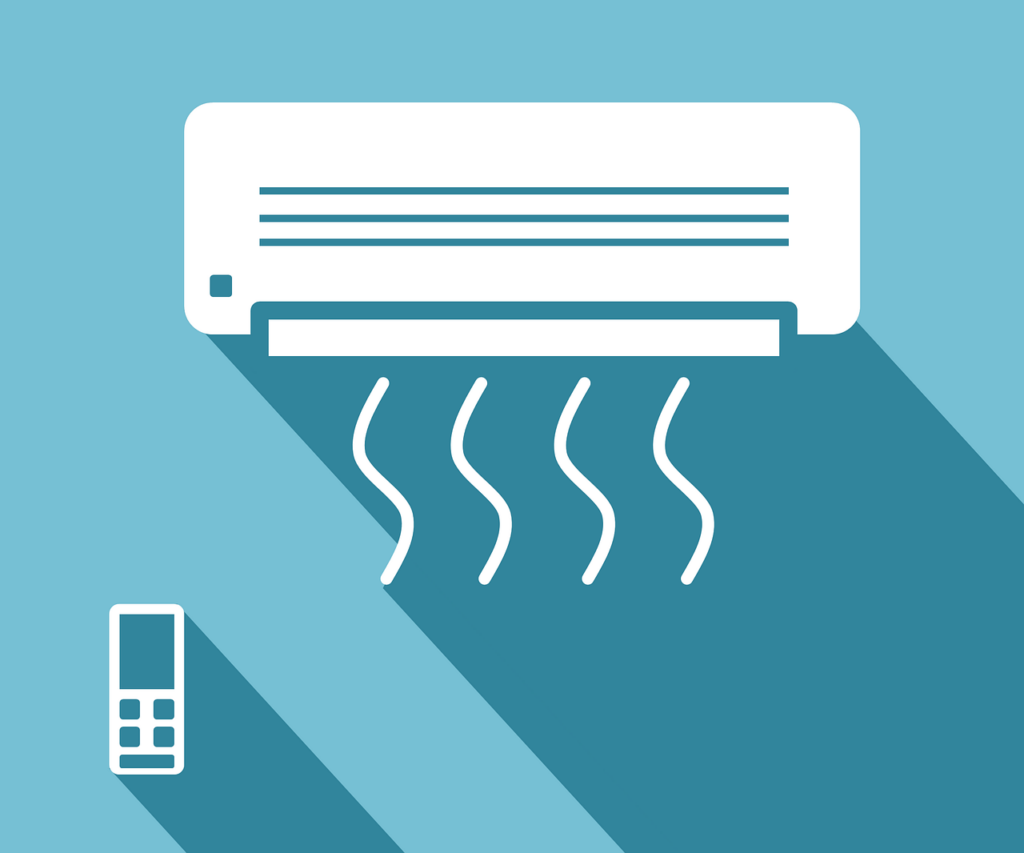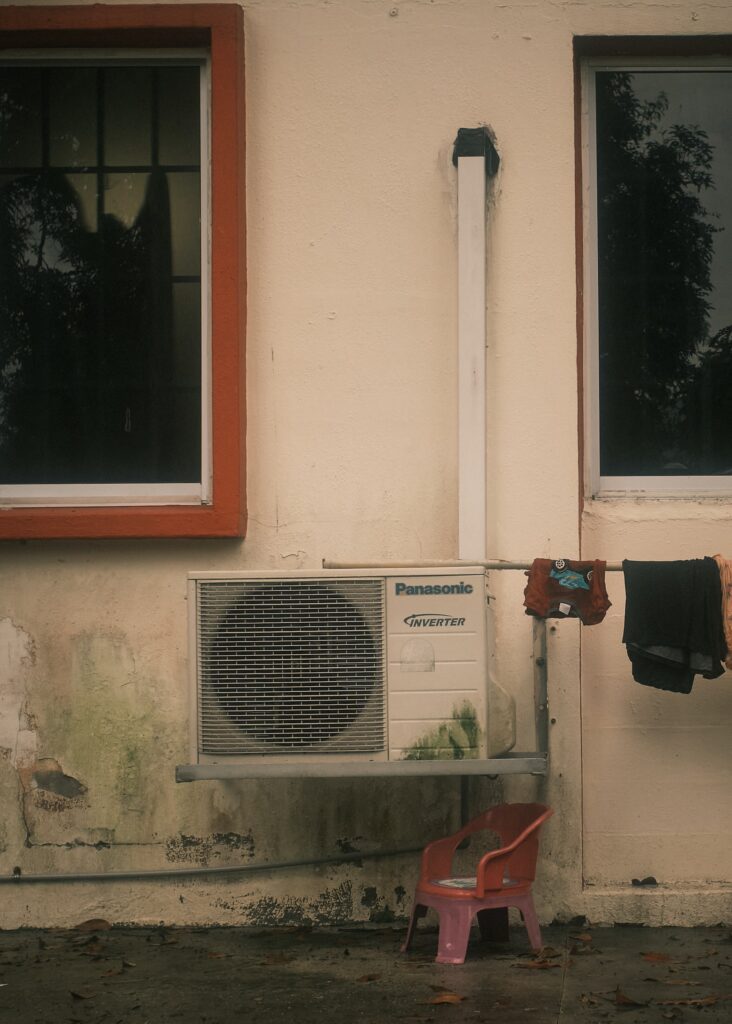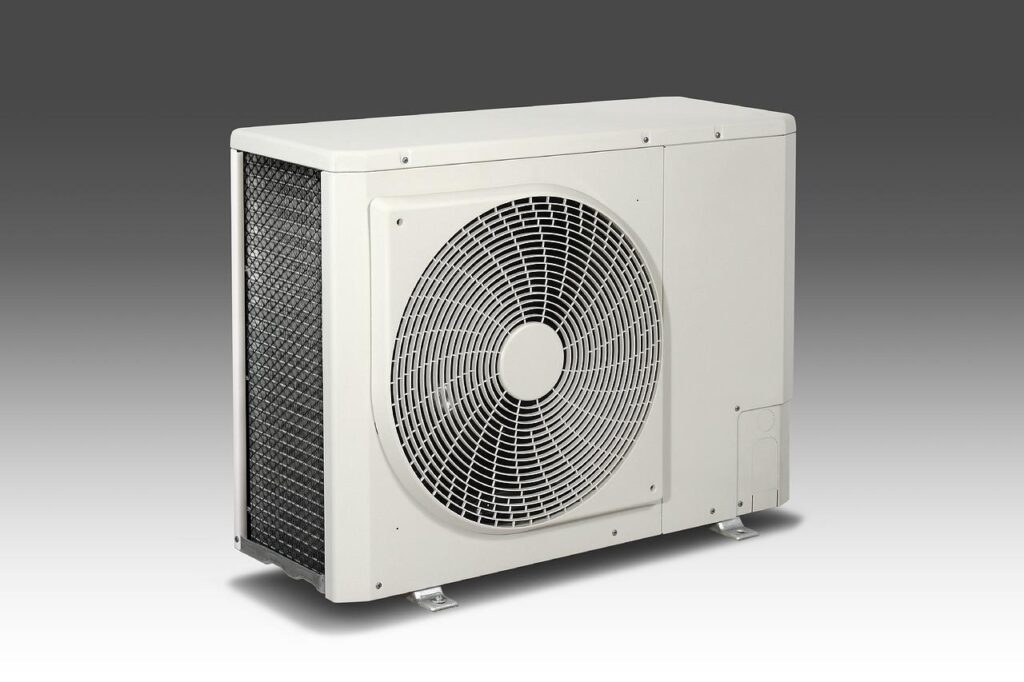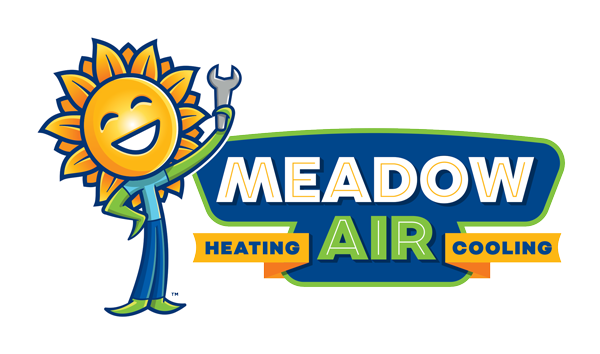Air Conditioner Blowing Hot and Cold Air

An air conditioner can be an essential part of your home’s comfort. But if it is not working properly, it can cause you a lot of stress and frustration. Air conditioners are designed to cool your home and keep it comfortable. But when an air conditioner does the complete opposite, it can be a nightmare, particularly in the summertime.
If you notice your AC is blowing hot air, this could be due to a number of reasons. It could be a small issue that is easy to fix, or it could be a more complicated problem that needs professional attention. Whatever the case, you will want to address it as soon as possible.
Let’s look at some of the most common reasons your air conditioner is blowing hot air and what you can do about it.

Low Refrigerant
Refrigerant is the working fluid in your air conditioner. It’s what makes your system cool and keeps your home at a comfortable temperature.
When you turn on your air conditioner, the compressor pumps refrigerant through a series of coils that are cooled by cold water circulating through them. This causes the liquid to evaporate and turn into a gas, which removes heat from the room.
The hot gases then pass through a condenser, where they’re cooled by heat exchangers that are cooled by either air or water. The now-cooled gases return to liquid form and move back into the compressor, ready to start the cycle all over again.
If there’s not enough refrigerant in your system, it won’t be able to remove heat effectively from your home, which means that it’ll have no choice but to send hot air back into your home outside instead of removing it.
If this happens, expect to see warm air blowing out of your vents instead of cool air coming in and maybe even some moisture coming out with it.
There are a few reasons your air conditioning unit is low on refrigerant, but the most common cause is a leak in the system. This can be caused by anything from a faulty compressor to a loose connection or even damage from an accident.
If you notice your air conditioning unit leaking, don’t attempt to fix it yourself. Instead, call an HVAC professional to come out and take a look at the problem. Air conditioning units are complex, and it’s easy to make a mistake if you don’t know what you’re doing.
Air Filter Is Dirty or Clogged
Air filters need to be cleaned or replaced regularly to keep your AC running efficiently. Air filters help with keeping dust, allergens, dirt, and other particles from entering your home through the vents. They also help prevent mold growth in the ductwork that would cause an even bigger problem if it were allowed to grow unchecked for too long.
However, dirty filters can cause your air conditioner to work harder than it should, which can lead to a higher energy bill and premature wear-and-tear on the system. In addition, dirty filters can result in poor air quality and an increase in allergens in your home. If you notice that your AC is blowing hot air when it’s supposed to be cooling down or vice versa, inspect the filter.
If you find that the filter is dirty but doesn’t need replacing, you can simply wash it in warm, soapy water and let it dry before replacing it back in the unit. If the filter is clogged, however, you’ll need to replace it with a new one.
To help keep your air conditioner running efficiently and safely, be sure to clean or change your filter at least once every three months
Bad Compressor
The compressor is the component that pumps refrigerant through your system so that it can be cooled and dehumidified before it’s blown into your home. If your compressor is bad, it will not be able to do this, and your air conditioner will blow hot air.
The compressor is often the first thing to go out on an AC system. So if you notice your air conditioner is blowing warm air or not working at all, it may be time to call a professional for help.
Compressor failure can be caused by any number of issues, such as low refrigerant levels, corrosion, wear and tear, or bad wiring. Depending on the issue, you may need to replace the compressor entirely or simply repair it.
Thermostat Problems
If you’re noticing that your AC is blowing warm air instead of cold air and vice versa, it could be due to a problem with the thermostat.
The thermostat is responsible for maintaining a constant temperature inside your home, and if it isn’t working properly, it will cause problems with cooling and heating.
Some common causes of thermostat problems include:
The temperature on the thermostat is set too high or too low: If the thermostat is not set correctly, it can cause the unit to blow hot air instead of cold air, and vice versa. You can try setting the thermostat to a higher or lower temperature and see if that fixes the issue.
Incorrect Installation: If your thermostat is not installed properly, it could cause heating and cooling issues. You should contact a professional to find out if your thermostat is set up correctly.
The wires may be loose or broken: The thermostat has two wires that are connected to it. If either of these wires is loose or broken, it can cause problems with cooling and heating. Check the wires to make sure they are securely fastened into place and not frayed or damaged in any way.
Faulty Capacitor
A capacitor is a device that stores energy and releases it in small amounts when needed. It is found in many electronic devices, including air conditioners. If the capacitor on your unit fails, it will cause the AC to blow hot air when it should be blowing cold air.
The capacitor can fail due to a number of reasons, including overheating, age, overuse, physical damage or improper installation.
An HVAC technician can determine if there are any issues with the capacity and recommend fixing or replacing it.
Dirty Condenser Coil
The condenser coil is the part of your air conditioner that cools the refrigerant, which is then circulated through the evaporator coil. If you notice that your air conditioner is blowing hot air even though the thermostat is set to cool, it’s likely that your condenser coil is dirty. This can be due to debris from leaves, pet hair, or insects becoming lodged in it.
The dirtier the coil gets, the harder it has to work and the more energy used by your air conditioner. If this is happening frequently, consider hiring an HVAC professional to clean your unit’s coils.
Power Issues
If your air conditioner is running but not producing cold air, you may have a power issue. Consider checking your circuit breaker, making sure that the circuit breaker isn’t tripped or has been turned off by mistake.
You may also want to check your fuses to make sure they aren’t blown or broken. If you’re using an extension cord, try plugging your machine directly into the wall socket instead. This will help eliminate any problems with voltage issues or incorrect wiring in your home.
If you’ve checked all of these things and still aren’t getting the results you want from your air conditioner, consider calling in an HVAC technician for further diagnosis and repair.
4 Hacks to Avoid Air Conditioning Problems

Change the Air Filter Regularly
A clean air filter is essential for ensuring that your air conditioner works at its best. When a filter is dirty, it will slow down the fan motor, which means that more energy is being used to cool the home. This can cause the fan motor to burn out prematurely or even start a fire if the wiring overheats.
The only way to ensure that this doesn’t happen is by regularly changing your filters. It’s recommended that you change them every three months or sooner if they become dirty or clogged with dust and debris.
Check for Leaks
If you’re familiar with your air conditioner, you’ll know where to look for leaks. But basically, if you see any water pooling around the unit, there may be a leak.
The most common leaks are found in the condenser, drain lines, and evaporator coil. The condenser is the part of your air conditioner that cools air outside and sends it inside. If there’s a leak in the condenser, you’ll see water pooling around it.
Leaks in drain lines are also easy to spot because they will drip water onto your home’s exterior. Leakage in evaporator coils can sometimes be harder to detect because they’re hidden inside walls or under floors.
But if you notice a musty smell or mold growing around your air conditioner, it’s likely that there’s a leak somewhere in the system.
If you can’t find the leak yourself, call an HVAC professional for help and have the issue fixed as soon as possible. Leaks can cause mold, mildew or fungus to grow in the air conditioning system, which can make your home smell bad and pose health risks.
Check Electrical Connections
Many times, an air conditioner problem is caused by a simple electrical connection problem. It’s not uncommon for a wire to break or become disconnected from the thermostat or compressor. This can cause your AC system not to work properly or even shut off completely.
To check this problem, make sure that all electrical connections are tight and secure on your unit and that any wires connected to them are in good shape and free of damage or corrosion. If there is any damage present, then you will need to replace those damaged parts before proceeding further with troubleshooting other issues with your AC unit.
Have a Maintenance Plan
Air conditioners are built to last, but they still need regular maintenance to keep running efficiently. Maintenance plans are the best way to ensure that your air conditioner will work for as long as possible.
A good maintenance plan will include regular inspections and cleaning, as well as any necessary repairs or replacements that are needed over time. This way, you’ll be able to catch any major problems before they become too expensive to fix.
Final Remarks
If you have a home air conditioner that is blowing hot air, then you need to have a technician come out and fix it for you. The longer you wait, the worse it can get, and you could end up having to replace the unit altogether, which can be expensive.
Before you call in a technician, you should try to troubleshoot the issue yourself. The solution could be as simple as adjusting the thermostat or having a filter changed.
If you determine that a technician is needed, contact Meadow Air for a professional HVAC technician for your air conditioner service needs.
And remember, the only way to avoid problems with your air conditioner is to ensure that it’s properly maintained. This means having it serviced at least once or even twice a year (depending on the model).


